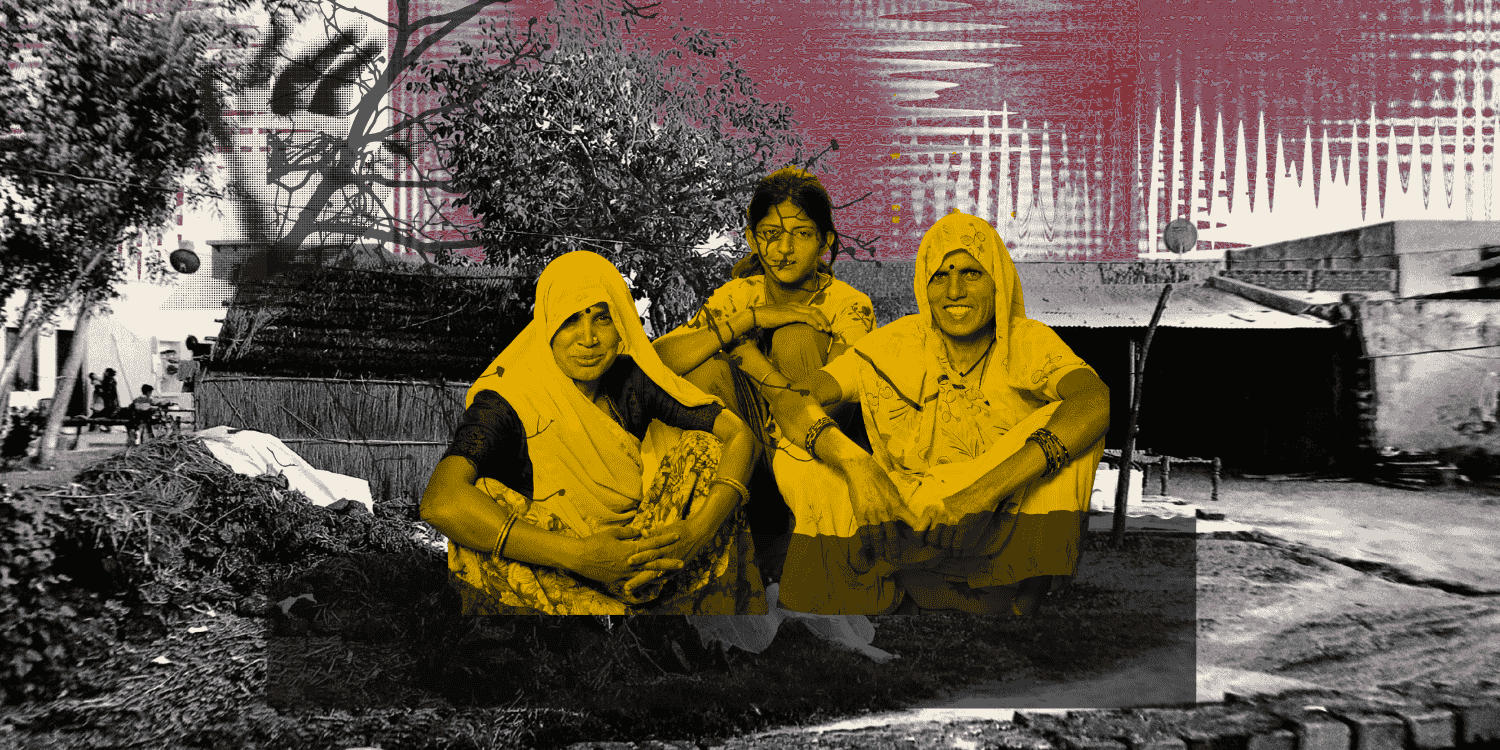ABSTRACT
Marital rape refers to the act of sexually assaulting one’s spouse. It is a crime in most countries except thirty nations including India. Section 375 of the Indian Penal Code [IPC] defines and criminalises rape but contains an exception clause for when it happens between a married couple. This exception declares ‘sexual intercourse by a man with his own wife’ legal in the absence of circumstances like willingness or consent, listed under Section 375. Such an exception legally absolves the aggressor if sex is demanded or imposed within a marriage. In 2015, a husband raped and sexually assaulted his wife, leading to her hospitalisation. Despite approaching the Supreme Court, her petition was dismissed stating that the law cannot be changed based on one individual’s experience, and her husband was never prosecuted. In view of this incident and numerous other petitions filed in the court for striking down the exception clause, the discussion was reopened for hearings on 7th January 2022. A two-judge bench of the Delhi High Court presided over the hearings and on 11th May 2022, giving a split verdict and shelving the criminalisation of marital rape under the IPC.
This issue brief asseses the historical challenges in the removal of the marital rape exception clause of Section 375 of the IPC. In doing so, it also examines the judicial arguments on the issue of marital rape in light of the recent Delhi High Court ruling.
KEYWORDS – Marital Rape, Sexual Assault, Gender Violence, Dignity, Consent
INTRODUCTION
According to the World Health Organisation [WHO], one in three women worldwide are victims of physical or sexual violence during their lifetime (WHO, 2021). More regionally, the National Family Health Survey reported that 29% of married women experienced physical or sexual abuse from their husbands (Ministry of Health and Family Welfare, 2021). Violence against women takes various forms, one of the most prevalent being sexual violence.




